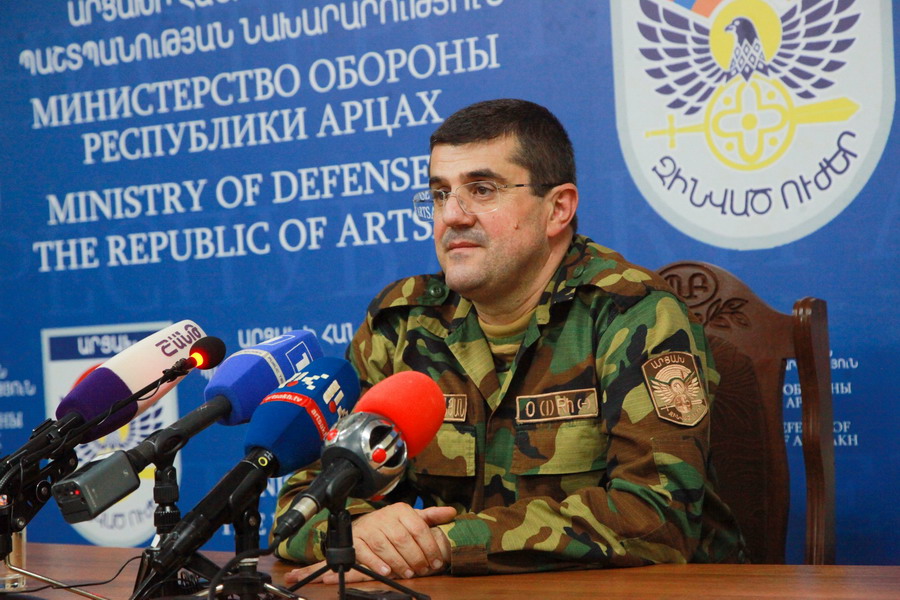Artsakh President Araik Harutyunyan’s resignation last week has given rise to various comments. The retired president himself justified his move with two arguments: 1/ The defeat in the war and the situation created in the country have significantly reduced trust in the authorities and the president, which is true. 2/ The biography of Arayik Harutyunyan and Azerbaijan’s attitude towards it hinders Artsakh authorities’ further steps and flexible policy. That argument is controversial; I don’t think that the person of Harutyunyan is particularly unacceptable for Azerbaijan. Azerbaijan will try to realize its immediate strategic goal, the depopulation of Artsakh, regardless of who holds the position of president.
Supporters of the government in Armenia, who, so to speak, “specialize in Westernism,” put forward another hypothesis: Arayik Harutyunyan was forced to resign by Russia. It doesn’t sound compelling either; I find it hard to imagine that the former president would oppose the Russian peacekeepers on some issues, and, to be honest, I don’t even know how that is possible. Yes, those peacekeepers perform their duties poorly, but I am sure any representative of Artsakh elite understands that the situation will be even worse without that contingent.
The thesis of Armenian oppositionists that Arayik Harutyunyan was the support of the Armenian government, without whom that government will weaken, is also controversial. Pashinyan’s support is his electorate, which is profoundly indifferent to the events in Artsakh and the fate of 120 thousand people. This mass rightly sees in the current prime minister the reflection of its, to put it mildly, domestic way of thinking and will continue to support him anyway.
What should be expected from the new leadership of the Artsakh Republic? In a word, it’s clarity. In other words, it should be clear how this or that decision is made, who is responsible for it, who is the implementer, and if a decision is made, then another decision should not be made halfway through. It is the basis of the foundations of any state, especially one in such a dire situation.
Read also
In this regard, what can the people of Artsakh expect from us, Armenians living in the Republic of Armenia and around the world? I may express an unpopular opinion, but we should do everything to increase the authority and legitimacy of the leaders of Artsakh state structures, and whoever will be the next president should be perceived in Armenia and the world as a leader accepted by us.
Of course, it is tempting to say harsh words about the Artsakh politicians, but I, for example, would be tactful in this matter, not giving up reserved criticism.
And at the end, let me make a suggestion that many people will not like either; throwing the word “traitor” so easily in each other’s faces is unnecessary.
Aram ABRAHAMYAN





















































